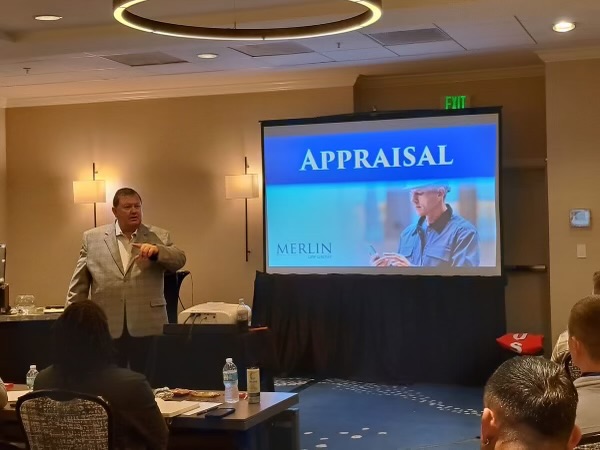Causation issues in appraisal have consistently been a contentious point. Insurance companies frequently contend that the causation of damage falls under coverage issues, which are typically outside the scope of an appraisal panel’s authority. Conversely, policyholders seeking appraisal often desire a comprehensive resolution of the matter by the panel. In a notable development, an Ohio judge ruled yesterday that an appraisal panel does indeed have the authority to determine causation.1
The judge noted the facts and the issue:
Plaintiff is seeking an appraisal of the property in question because the instant issue ‘is a factual dispute over the amount of loss that is properly determined by…the appraisal panel.’ Plaintiff argues that its property suffered damage wind and hail damage that occurred on June 18, 2021. Plaintiff made a claim for damages arising from the loss to Defendant, Plaintiff’s insurer. Id. Defendant investigated the loss and determined it to be $0.00; Plaintiff’s investigator, however, determined it to be $586,647.08 in repair costs.
Defendant opposes appraisal because, in its view, the damage in the instant suit arose from a loss in 2019, not from the June 18, 2021 storm. Specifically, Defendant alleges that Plaintiff submitted a loss claim in 2019 for damage that is exactly the same as the damage alleged in the loss claim for the June 18, 2021 storm. Id. Accordingly, Defendant does not view this matter as being a dispute over an amount of loss, but rather a dispute over ‘whether a loss even occurred on June 18, 2021.’
The court ruling found the following:
Although appraisal resolves factual issues of loss, Ohio courts have found that, where appraisal is used to ‘determine a loss’s ‘extent’ … doing so requires appraisers to separate covered damage from uncovered damage.’ Westview Vill. v. State Farm Fire & Cas. Co., No. 1:22-CV-0549, 2022 WL 3584263(N.D. Ohio Aug. 22, 2022) (citing Ashley Smith, Property Insurance Appraisal: Is Determining Causation Essential to Evaluating the Amount of Loss, 2012 J. DISP. RESOL. 591, 605). See also Stonebridge at Golf Vill. Squares Condo. Ass’n v. Phoenix Ins. Co., No. 2:21-CV-4950, 2022 WL 7178548 (S.D. Ohio Sept. 22, 2022) (finding appraisal appropriate where there was ‘clearly a disagreement as to what damage, specifically, [a] storm caused’). Further, ‘where … an appraisal provision is otherwise silent as to how an appraiser should measure the ‘extent’ of a ‘loss,’ courts in a variety of jurisdictions—including Ohio—have interpreted the process to ‘require[ ]’ (or simply permit) a causation analysis.’ (citing Prakash v. Allstate Ins. Co., No. 5:20-CV-524, 2021 WL 37698 (N.D. Ohio Jan. 5, 2021)). Appraisal is the appropriate remedy where the provision in the contract is silent as to resolving issues of causation. Such is the case here.
I hope readers caught that the court cited to Merlin Law Group attorney Ashley Harris (fka Ashley Smith). This is not the first time a court has cited Ashley’s authoritative article, as noted in Ashley Harris Cited by Iowa Supreme Court Regarding Causation Issues in Appraisal Proceedings.
The photo above is of Merlin Law Group attorney Steven Bush teaching a class regarding appraisal at The Property Loss Appraisal Network (PLAN) seminar in Naples, Florida, this week. If parties, appraisers, or umpires ever have a question about the appraisal process, you can always call a Merlin Law Group attorney for help.
Thought For The Day
At times our own light goes out and is rekindled by a spark from another person. Each of us has cause to think with deep gratitude of those who have lighted the flame within us.
—Albert Schweitzer
_________________________________________





